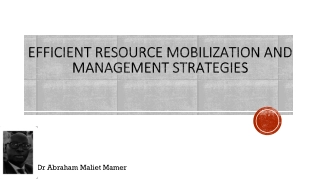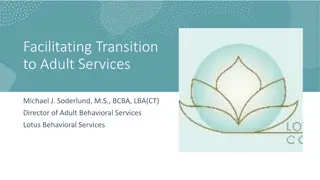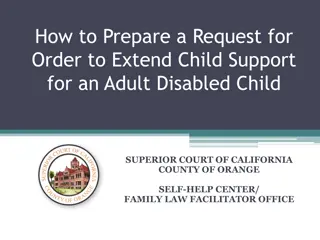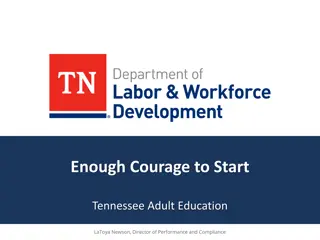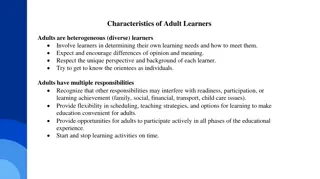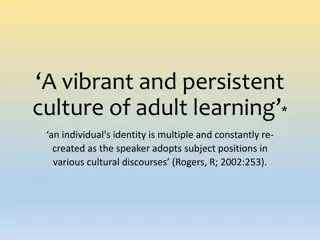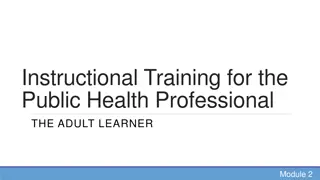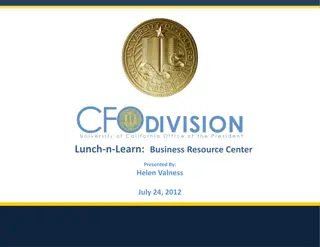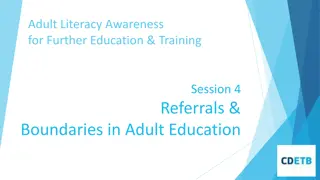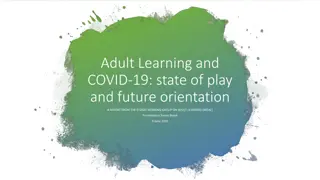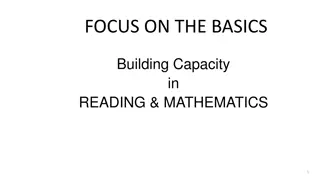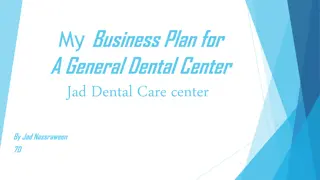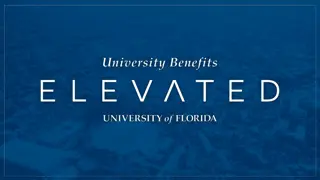
Financial Success Strategies and Credit Education
Explore keys to financial success, benefits of money management, creating a spending plan, setting SMART financial goals, understanding credit basics, and credit report insights. Learn how to improve credit scores and manage finances wisely for a secure financial future.
Download Presentation

Please find below an Image/Link to download the presentation.
The content on the website is provided AS IS for your information and personal use only. It may not be sold, licensed, or shared on other websites without obtaining consent from the author. If you encounter any issues during the download, it is possible that the publisher has removed the file from their server.
You are allowed to download the files provided on this website for personal or commercial use, subject to the condition that they are used lawfully. All files are the property of their respective owners.
The content on the website is provided AS IS for your information and personal use only. It may not be sold, licensed, or shared on other websites without obtaining consent from the author.
E N D
Presentation Transcript
Benefits of Managing Money More free time Less stress Achieve goals Greater control Do things you enjoy Better health Satisfaction Peace of mind
Five Steps To a Successful Spending Plan 1. List all income sources 2. Determine monthly expenses 3. Balance income & expenses 4. Review & Adjust to meet goals 5. Manage your system
Budgeting Challenge! Track your spending for the next two weeks Develop a spending plan
Set SMART Financial Goals Specific Measurable Action-Oriented Realistic Time-Oriented
Resources UW Credit Union Website uwcu.org --www.greenpath.com/greenpath- financial-wellness
Whats in a Credit Report? *Skills for lifelong learning, information literacy Identifying Information Name, Social Security number, date of birth, address Creditors and Payment History Positive and negative Bankruptcies, Judgments, Liens, Lawsuits Inquiries You Initiated Loan and credit applications (excluding credit card solicitations) Employment Information
What Makes Up Your Credit Score? Payment History - 35% 10% 10% Amounts Owed - 30% 35% Length of Credit History - 15% 15% New Credit - 10% Types of Credit Used - 10% 30% Source: myfico.com SCORE HIGH: USING CREDIT WISELY
What Does Your Credit Score Mean to Others? Financial Institutions Difference in interest rates, terms and amounts approved Employers Landlords Utilities Cell phones, electric, etc. Insurance Companies
Build Your Credit History Pay all bills on time Limit the number of open credit lines Keep balances low Keep credit card utilization to less than 30% Be selective about what you apply for Have a mix of credit (credit cards, mortgage, auto loans, etc.)
Reviewing your Credit Report Retrieve your free credit report: - annualcreditreport.com Check your credit score for free: - creditkarma.com You can retrieve one report from each credit bureau annually Trans Union, Experian & Equifax
Student Loans Where do you find out how much you have in student loans? WINS National Student Loan Database http://www.nslds.ed.gov Servicing company such as Great Lakes Credit Report
Student Loans When does repayment begin? Stafford: 6 months after graduation or dropping below a half-time status Perkins: 9 months after graduation or dropping below a half-time status PLUS: 45-60 days after disbursement, unless otherwise requested Private: Depends on lender usually same as Stafford
Student Loans Interest Payments For Federal loans, payments can be made at anytime without penalty Make interest payments whenever you can Unpaid interest is capitalized, or added to the principal balance, at the end of the grace period. Sending even $20 each month will save you $$ over the life of your loan For private loans, check with the lender.
Review Track your spending Develop a spending plan Check your credit report Start establishing positive credit history Review your student loans Schedule an appointment with UW Credit Union for a free Credit Consultation
Questions? Thank you for coming today! Denise Kaminski Senior Financial Specialist dkaminski@uwcu.org 800-533-6773 x 1601 Stop at our UW Whitewater location -- 72 University Center Also visit us on the web at uwcu.org

